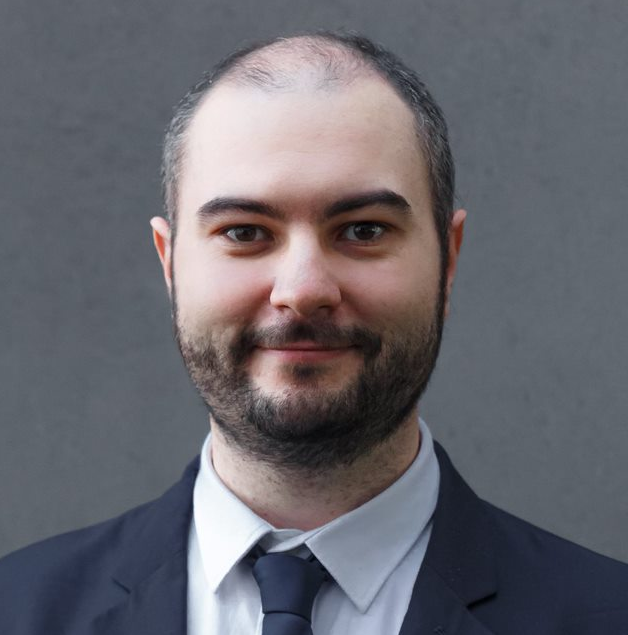Overcoming Resource Constraints in Embedded Impedance Spectroscopy
M. Sc. Ahmed Yahia Kallel
MST, Chemnitz University of Technology, Chemnitz, Germany
In this tutorial, we're going to talk about the importance of frequency sampling in impedance spectroscopy and the real-world challenges of building efficient measurement systems on different hardware platforms. Choosing the right frequency samples is crucial if we want to capture the full picture of impedance behavior, especially when we're trying to get close to the performance of those impressive high-end impedance analyzers. We'll look at the pros and cons of different hardware options: FPGAs are powerful but can be power-hungry and tricky to program; microcontrollers are more user-friendly but might struggle with speed and memory; and NI cDAQ systems are flexible but can have issues with real-time processing. Our goal is to develop practical methods that work around these limitations while making the most of each platform's strengths. We'll explore clever ways to generate multi-sine signals, process data efficiently, and adapt our sampling techniques. By the end of this tutorial, you'll have a good grasp on how to design systems that can achieve high accuracy and wide frequency coverage, even with the constraints of embedded hardware. We'll see how smart design choices can help us push the boundaries of what's possible in embedded impedance spectroscopy, whether you're working on electrochemical analysis, biomedical applications, or something entirely different.
Short biography:
 Ahmed Yahia Kallel is a PhD candidate and research assistant in the Professorship for Measurements and Sensor Technology at Technische Universität Chemnitz, Germany. A Sigma-Xi member since 2023, his research focuses on impedance spectroscopy, with applications in Li-ion battery diagnostics and cable fault detection.
Ahmed holds a Dipl.-Ing. in electrical engineering and an M.Sc. in embedded systems from the National Engineering School of Sfax, Tunisia (2016, 2018). His expertise spans digital signal processing, excitation signal design, data modeling and processing, estimation theory, non-linear optimization, and embedded system design.
With around 50 scientific publications in impedance spectroscopy and measurement technologies, Ahmed has also been invited to review approximately 70 journal articles in his field. His recent work includes studies on battery impedance spectroscopy excitation signals and developing efficient embedded systems for impedance measurements.
Ahmed's multidisciplinary background in electrical engineering, signal processing, and embedded systems drives his innovative approach to advanced measurement and sensor technologies research.
Ahmed Yahia Kallel is a PhD candidate and research assistant in the Professorship for Measurements and Sensor Technology at Technische Universität Chemnitz, Germany. A Sigma-Xi member since 2023, his research focuses on impedance spectroscopy, with applications in Li-ion battery diagnostics and cable fault detection.
Ahmed holds a Dipl.-Ing. in electrical engineering and an M.Sc. in embedded systems from the National Engineering School of Sfax, Tunisia (2016, 2018). His expertise spans digital signal processing, excitation signal design, data modeling and processing, estimation theory, non-linear optimization, and embedded system design.
With around 50 scientific publications in impedance spectroscopy and measurement technologies, Ahmed has also been invited to review approximately 70 journal articles in his field. His recent work includes studies on battery impedance spectroscopy excitation signals and developing efficient embedded systems for impedance measurements.
Ahmed's multidisciplinary background in electrical engineering, signal processing, and embedded systems drives his innovative approach to advanced measurement and sensor technologies research.

